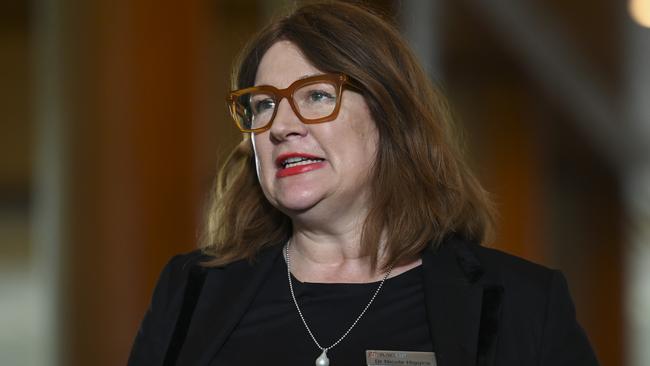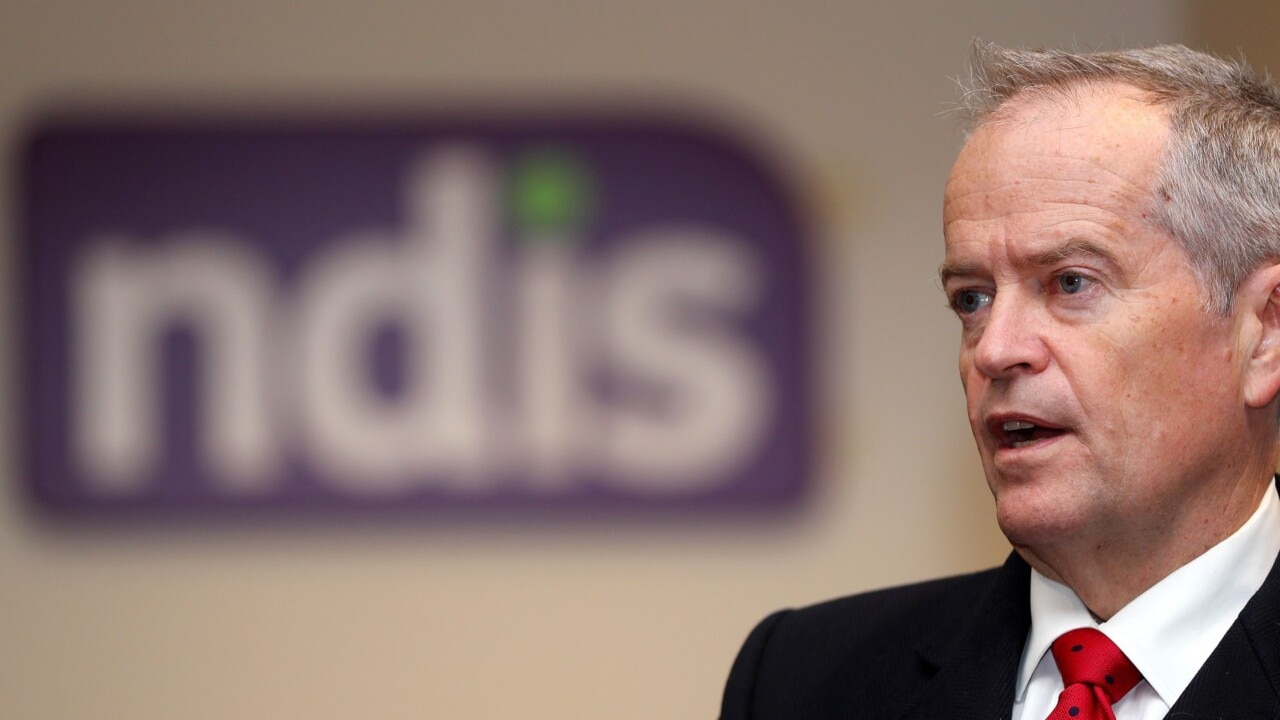NDIS system keeping GPs from supporting best outcomes
GPs could help make the NDIS more effective and serve participants better if the system was changed to support them more, a submission to the scheme’s review says.

GPs could make the NDIS more efficient and cost effective if they were being supported to play a greater role in navigating a patient’s plan, but are hamstrung by the system.
In particular, using a GPs knowledge of a patient’s history could help inform what disability supports have and haven’t worked, meaning resources aren’t wasted, the Royal Australian College of General Practitioners says.
In its submission to the National Disability Insurance Scheme review, the RACGP also says more collaboration between GP and other health professionals in the disability sector could help prevent service duplication for patients, saving costs in the $35bn-a-year scheme.
“If GPs are better utilised, we can help make the NDIS more efficient,” RACGP president Nicole Higgins said.
“For example, greater involvement of GPs at the planning stage would mean better targeted supports faster, because GPs have in-depth knowledge of their patients, what works, and what doesn’t work for them.

“If GPs are supported to liaise directly with NDIS service providers, we can prevent inappropriate supports and duplicated services, as well as advising of issues so they can be dealt with quickly.”
The independent NDIS review is in the final stages of deliberations before a report to the Albanese government at the end of next month.
It has received more than 2500 submissions from the public and peak bodies, consulted another 1400 through the “Have Your Say” submission process and held 178 stakeholder meetings since it was commissioned by NDIS Minister Bill Shorten last October.
Review co-chair Bruce Bonyhady has flagged a raft of changes likely to be included in the final report, noting governments, providers and people with disability must stop treating the NDIS like a “magic pudding” with unlimited resources.

Professor Bonyhady is pushing for state and local governments to fund more “foundational support” for people with disabilities, including the fast-growing cohort of children with autism and developmental delay, outside the NDIS.
But disability advocates have expressed unease about the direction of the review, saying there is a schism between longstanding issues in the NDIS such as a lack of a workforce and a government-imposed 8 per cent cost-growth target set for 2026. They also say children with autism were being “thrown under the bus” for driving scheme costs up.
Currently costing the federal and state governments $35bn a year, with the commonwealth paying about two-thirds, the costs have been projected to rise to $90bn in a decade. Dr Higgins said GPs wanted to provide more support but faced “barriers in the system”. “For example, there’s no Medicare patient rebate for the NDIS paperwork a GP does to support a patient, unless it’s done during a consultation,” she said.
“This puts an unnecessary burden on the patient to attend an appointment, and it’s worse for Aboriginal and Torres Strait Islander patients because they require more paperwork to support their NDIS application.”
Queensland GP Melita Cullen said under current arrangements doctors struggled to be properly remunerated for long or multiple consultations to complete NDIS paperwork, with in-person appointments leading to stress especially when young children with autism were involved.
“I’ve had patients pay for me to do the paperwork privately, but of course that brings in issues of the socio-economic divide,” she said. “This is especially true for people living in rural and remote settings.”







To join the conversation, please log in. Don't have an account? Register
Join the conversation, you are commenting as Logout